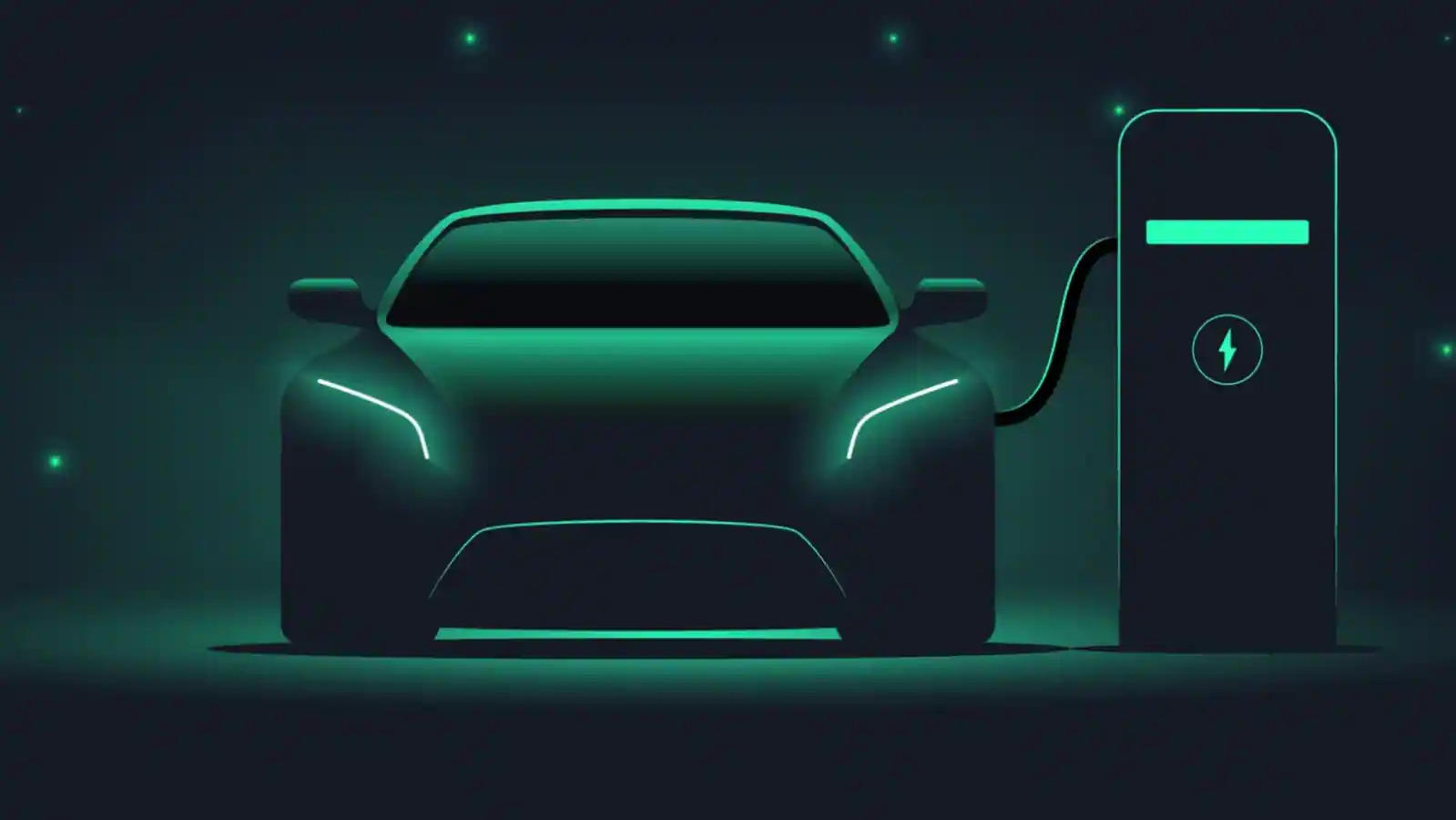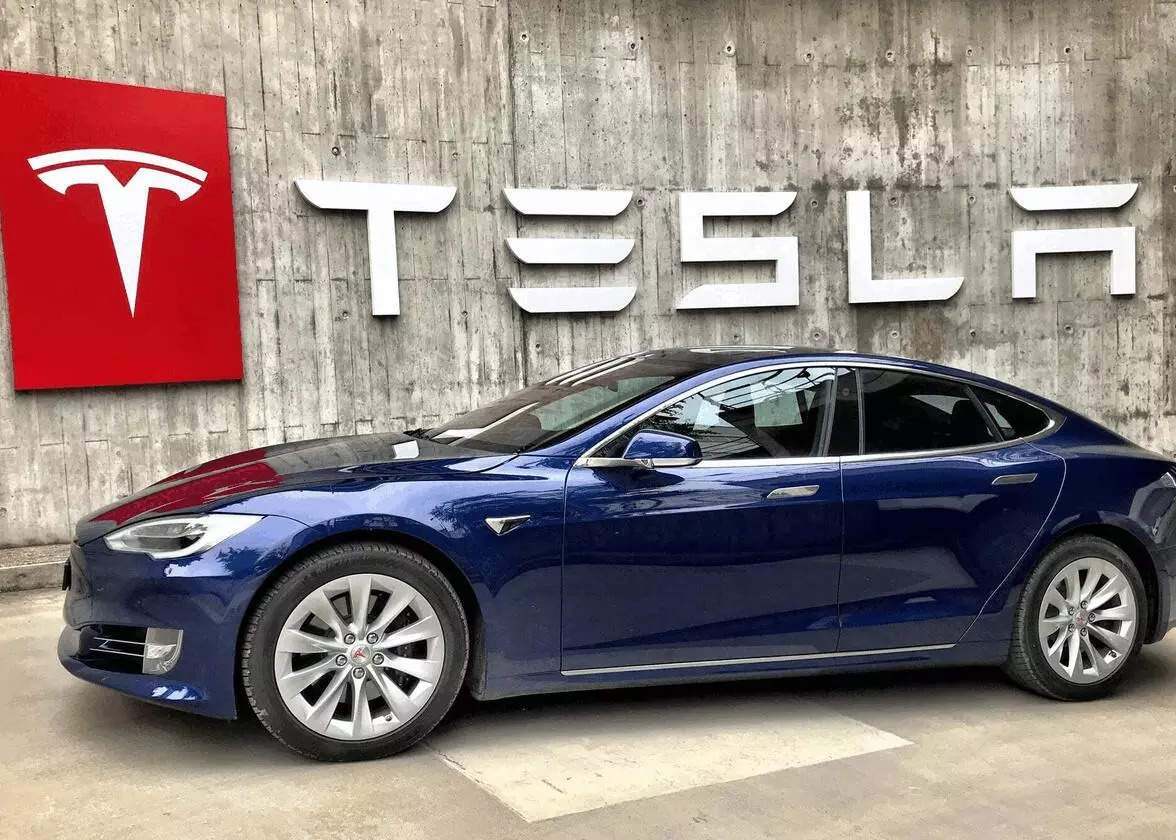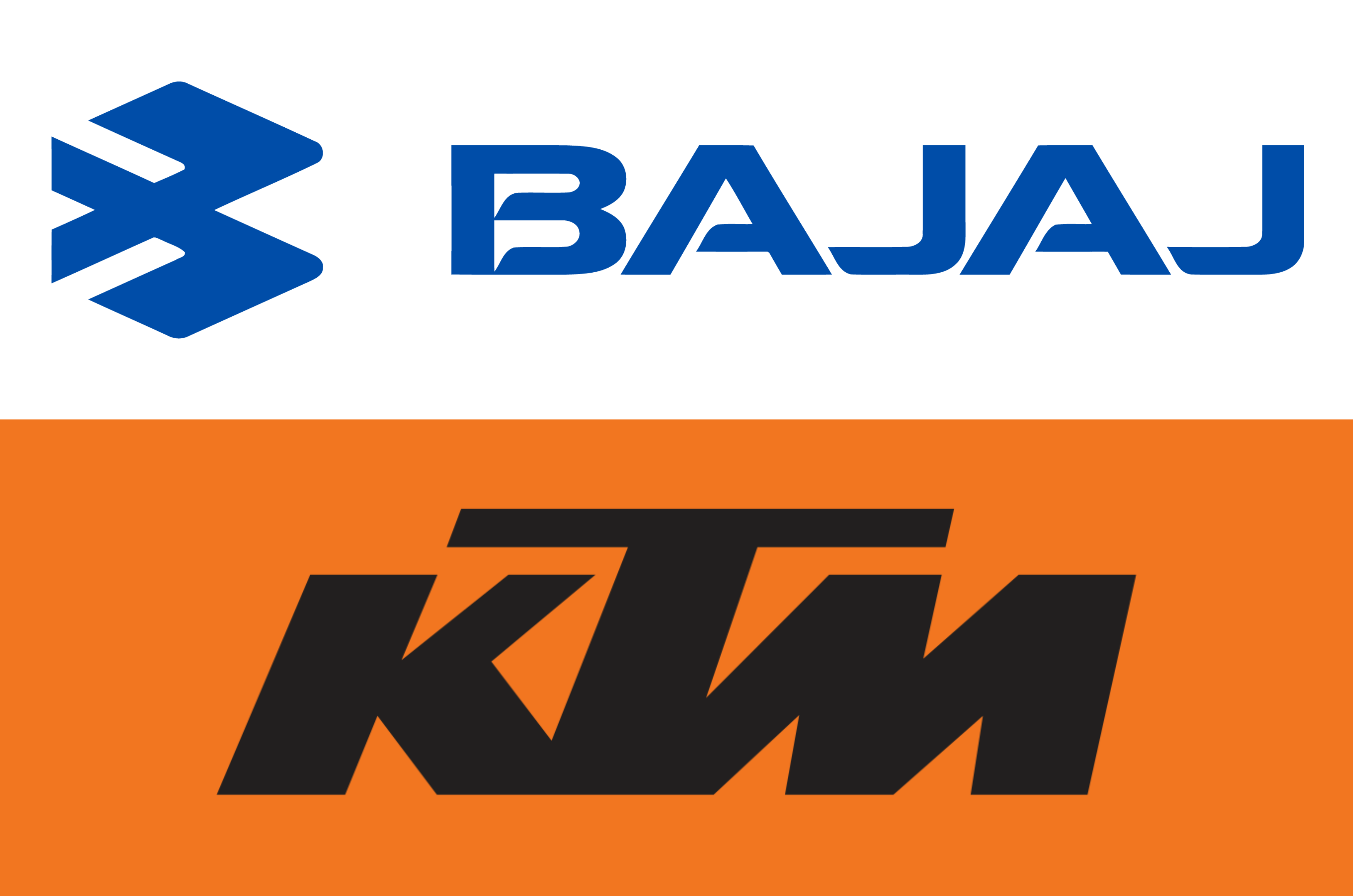 Initiatives like the battery-swapping policy announced in the 2022 Union Budget aim to expedite EV adoption, creating favourable conditions for the insurance sector.
Initiatives like the battery-swapping policy announced in the 2022 Union Budget aim to expedite EV adoption, creating favourable conditions for the insurance sector.The electric vehicle (EV) market is experiencing unprecedented growth, with expectations for continued expansion in the coming years. Consumers are adopting EVs in response to the environmental concerns, government incentives and technological advancements. This shift is creating new frontier in insurance industry with specialised, tailor products to cater to meet the
specific requirements of EV owners.
According to the IEA Global EV Outlook 2024, global EV sales rose by 25% in the first quarter of 2024 compared to the previous year.
In India, the EV segment has emerged as a transformative force, now valued at over USD 100 billion and significantly contributing to the economy.
A Transformative Shift in the Automotive Landscape
The rapid adoption of EVs in India aligns with a global shift towards sustainable practices. This transformation not only impacts the automotive industry but also compels the insurance sector to adapt. With India aiming for 30% EV penetration by 2030, there is a pressing need to look beyond traditional insurance models and offer specialized insurance products that address the unique opportunities and challenges arising in this evolving market.
The Bright Future of Electric Vehicles
With rising fuel prices and increasing concerns over carbon emissions from internal combustion engine (ICE) vehicles, EVs present a compelling alternative for both consumers and manufacturers.
Supportive government policies are further enhancing the attractiveness of EVs. However, EV insurance often remains overlooked, regarded as an afterthought rather than a crucial aspect of vehicle ownership. Insuring EVs entails unique challenges, such as higher costs associated with technology and repairs.
Addressing these challenges can empower consumers and bolster the industry, paving the way for a more secure and sustainable future.
Leveraging Technology for Better Insurance Solutions
Insurers can capitalize on technological advancements that play a crucial role in the relationship between insurance and EVs. Tools such as telematics, the Internet of Things (IoT), and AI-driven analytics are essential for risk assessment, preventative maintenance, and real-time monitoring.
Insurance companies must utilize these technologies to offer customized coverage, predictive maintenance programs, and dynamic pricing models, thereby enhancing risk assessment accuracy and allowing fleet managers to operate more profitably and safely.
Many insurers have recognized the unique needs of EV owners and took a proactive approach by introducing innovative insurance solutions specifically designed for electric and hybrid vehicles. Insurers key offerings may include Private Charging Station Cover, Personal Accident Cover, Battery Coverage.
Understanding Consumer Usage Patterns
Analysing how consumers use EVs is vital for designing effective insurance policies. Factors such as distance driven, charging habits, and varied usage environments influence the risk profile of electric vehicles. Equipped with onboard sensors and telematics systems, EVs can function as mobile data hubs, collecting information on speed, acceleration, braking, battery performance, energy
consumption, and location.
By employing data analytics, insurers can gain insights into these usage patterns, allowing for tailored coverage and incentives that align with sustainable practices and safe driving behaviours.
Evolving Insurance Products for EV Owners
New-age insurers offer a range of motor insurance products, including standalone third-party cover, standalone own-damage cover, comprehensive cover, and bundled long-term options for new vehicles. Additionally, by tracking driving patterns and safe behaviour, insurers can offer flexible premiums based on real-time data with features like Pay As You Drive (PAYD) and Pay How You Drive (PHYD). allowing customers to save on premiums.
These insurance models of Usage based insurance aligns well with eco-conscious EV owners, rewards responsible driving and helps build customer loyalty.
As India transitions towards eco-friendly transportation, the government is also taking significant steps to enhance the EV landscape. Initiatives like the battery-swapping policy announced in the 2022 Union Budget aim to expedite EV adoption, creating favourable conditions for the insurance sector.
The Need for Tailored Insurance
As the EV sector grows, insurers must seek clarity on coverage specifics. EV technology, including advanced battery systems and unique repair protocols, requires a deeper understanding beyond traditional vehicle underwriting. The evolving landscape demands clear policies outlining coverage amounts and risks, particularly as incidents like EV fires highlight the importance of comprehensive insurance.
Learning from Global Best Practices
In markets like China and Brazil, insurers are proactively developing effective EV insurance policies. In China, partnerships between insurers and automakers allow for real-time data collection on EV performance, leading to more accurate risk assessments.
Brazil has focused on specialized products that cover battery replacement and charging infrastructure. These initiatives have stabilized premiums and reduced uncertainties in the insurance landscape.
Fostering Consumer Awareness
Despite slightly higher insurance costs for EVs compared to traditional vehicles, it is crucial for consumers to understand the specifics of their coverage. With India aiming to become the third-largest EV market globally, policymakers and insurers must develop clear, well-defined policies.
Encouraging consumers to review their insurance options carefully can foster a collaborative environment, empowering both the automotive and insurance sectors to promote a cleaner, more efficient future.
By crafting insurance solutions that address the specific risks and benefits of EVs, insurers can play a crucial role in not only managing risk but also advancing India’s journey toward greener, sustainable mobility.
















.jpg&w=735&h=415&q=85)



































